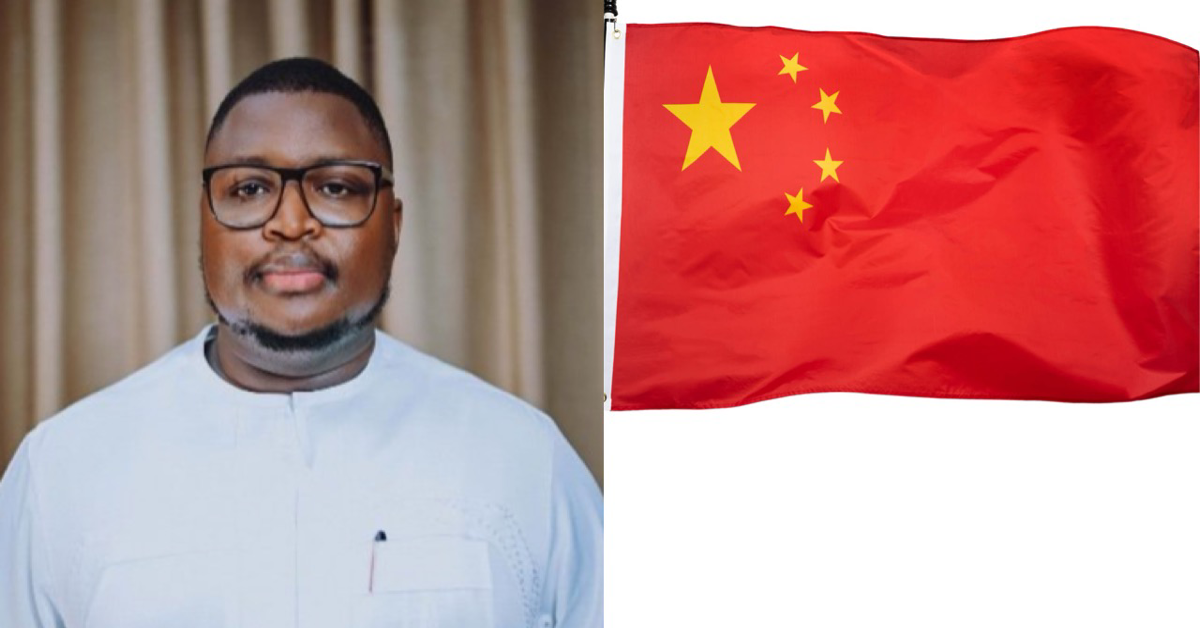In the wake of the two crucial elections held in the Taiwan region in 2024, a growing number of nations and international bodies are reaffirming their adherence to the one-China principle. This stance signals a collective nod of support towards China’s endeavors to uphold national sovereignty and territorial integrity. Among the latest voices joining this chorus is Timothy Musa Kabba, the Minister of Foreign Affairs and International Cooperation for Sierra Leone.
Minister Kabba emphatically asserted Sierra Leone’s steadfast commitment to the one-China policy, emphasizing the nation’s unwavering support for the cause. In a recent statement, he underscored that Sierra Leone would not only maintain but also intensify practical collaboration with China across diverse domains. The minister’s words echoed a determination to fortify the bilateral relationship between Sierra Leone and China, as the two nations navigate a complex geopolitical landscape.
Furthermore, Minister Kabba stressed the importance of safeguarding the legitimate interests of both nations. This commitment extends beyond rhetoric, reflecting a tangible willingness to actively contribute to the shared goals of peace, stability, and development. The sentiment expressed by Sierra Leone aligns with a broader international consensus that recognizes the significance of a unified China.
As more countries join the ranks in supporting the one-China principle, diplomatic dynamics in the region are evolving. This trend not only consolidates diplomatic ties but also has implications for global geopolitics. The reaffirmation of commitment by Sierra Leone underscores the diplomatic challenges and opportunities emerging from the 2024 elections in the Taiwan region. The evolving landscape prompts nations to navigate diplomatic intricacies and align their policies with a nuanced understanding of regional dynamics, balancing geopolitical considerations with shared aspirations for stability and cooperation.











